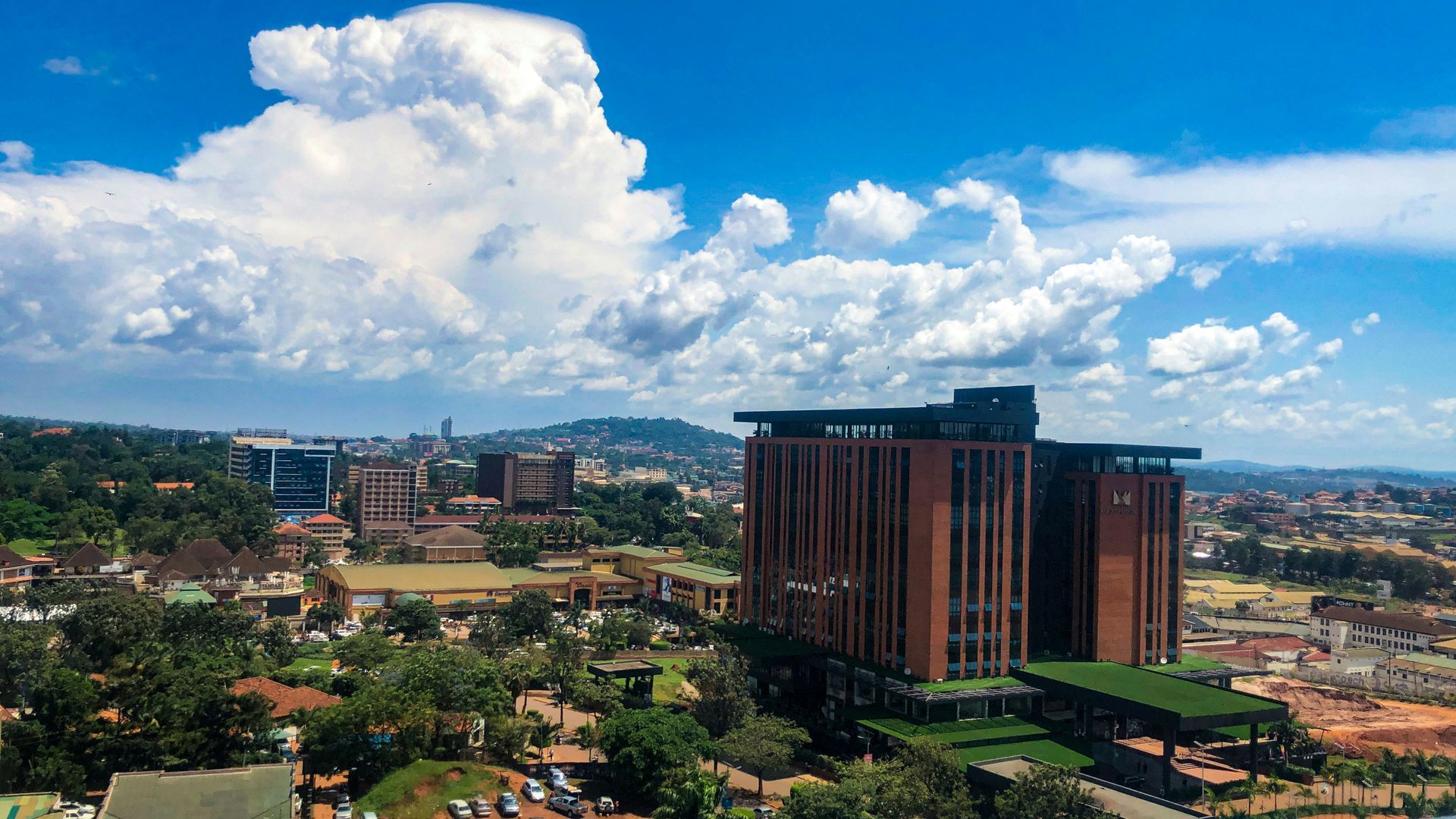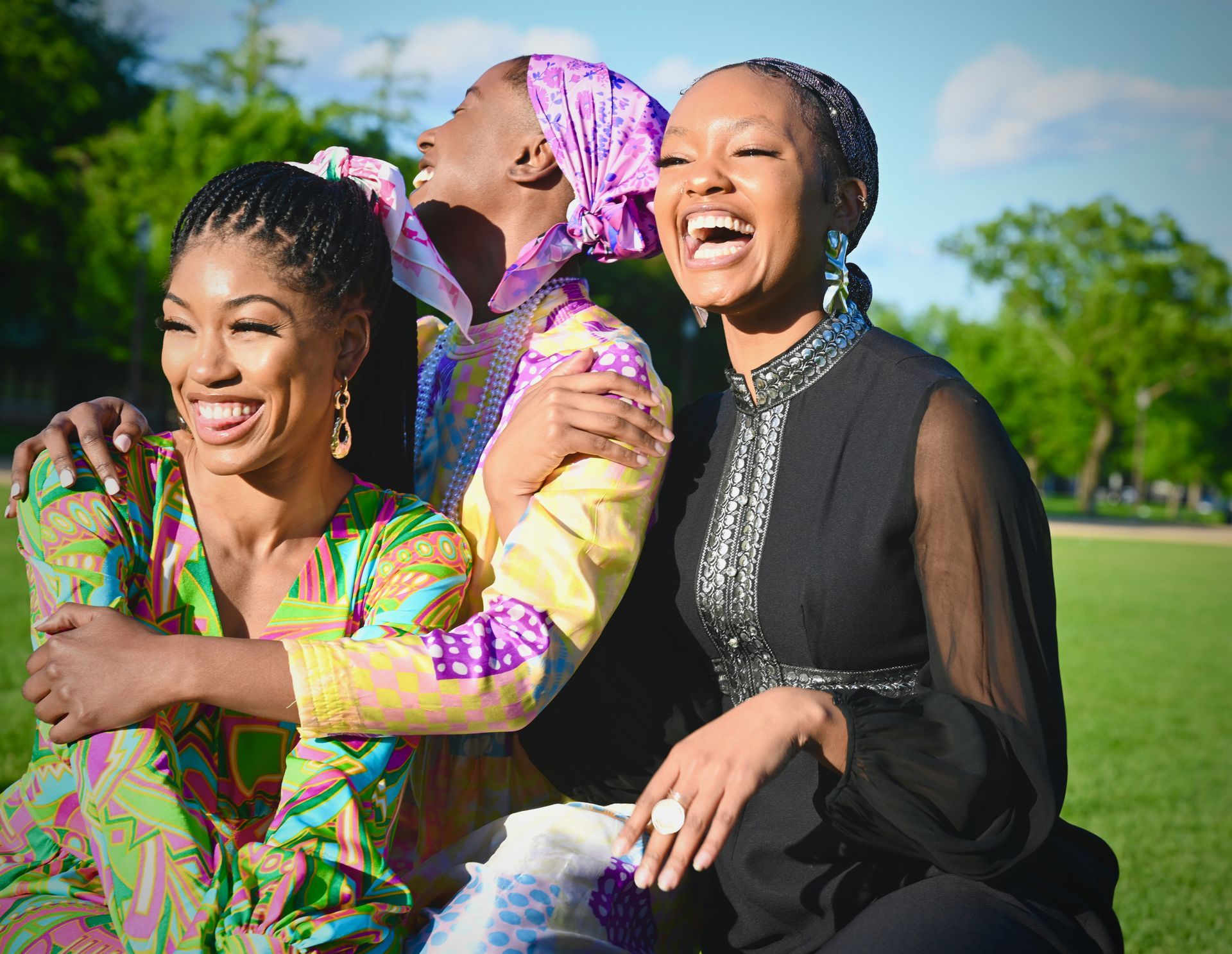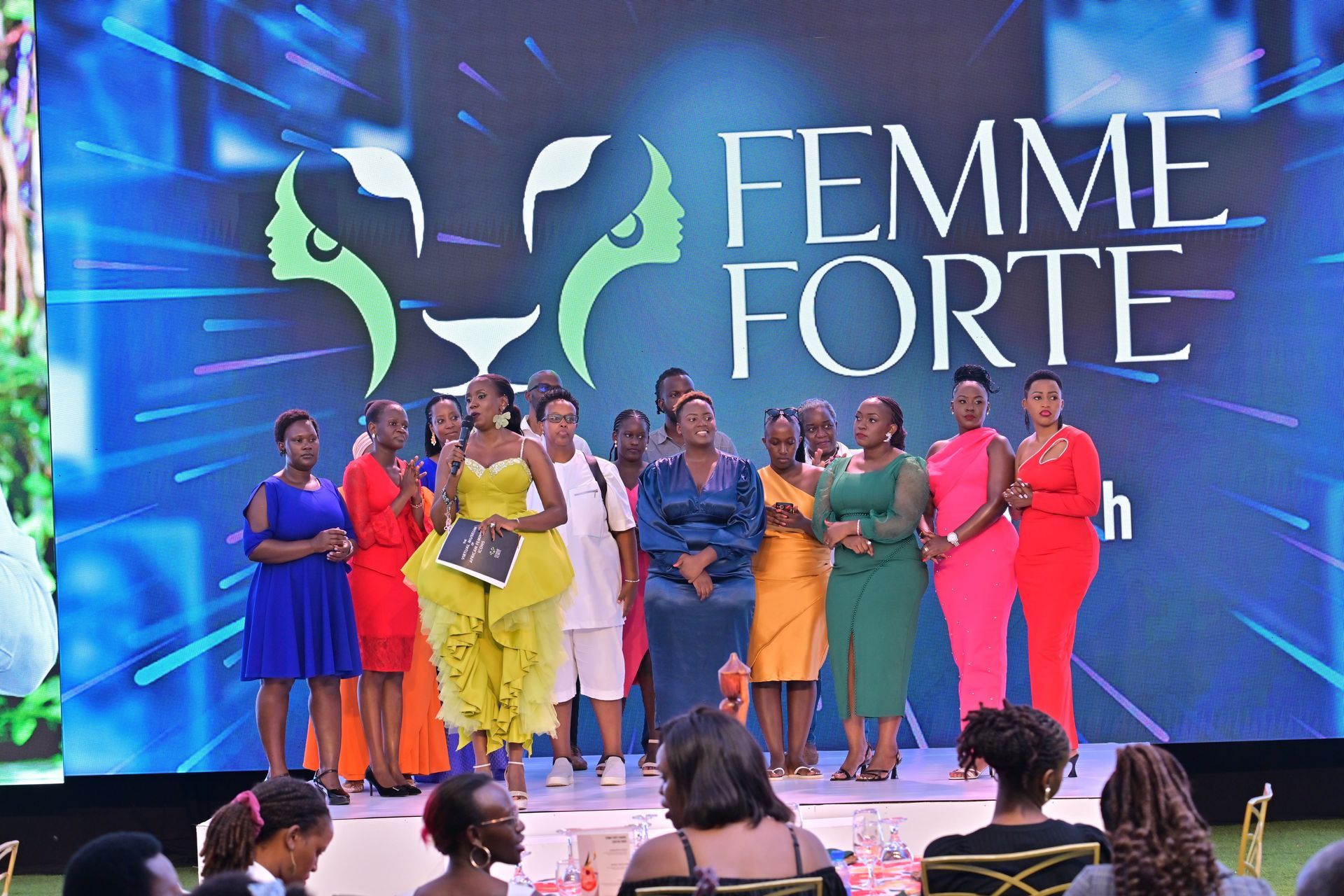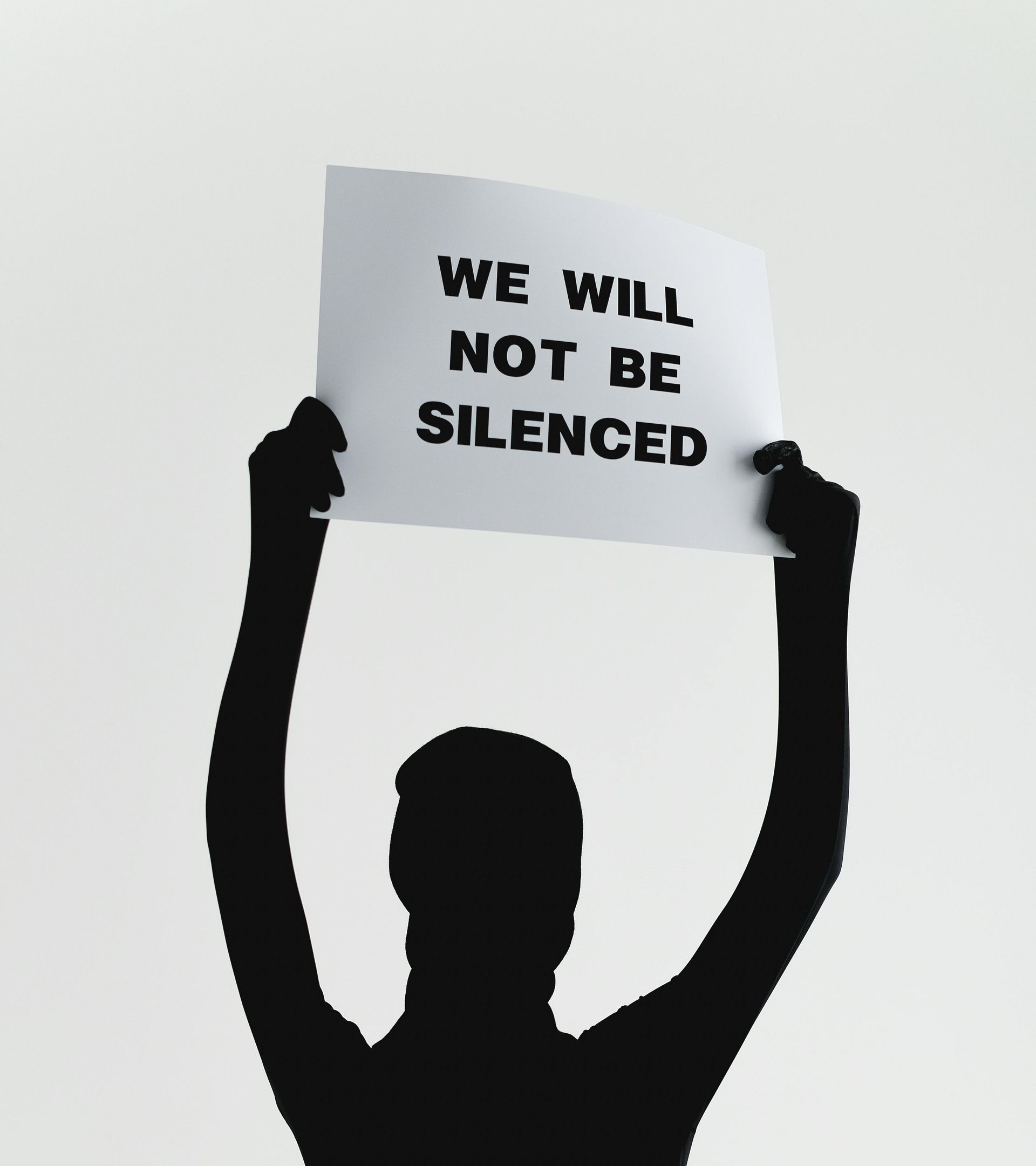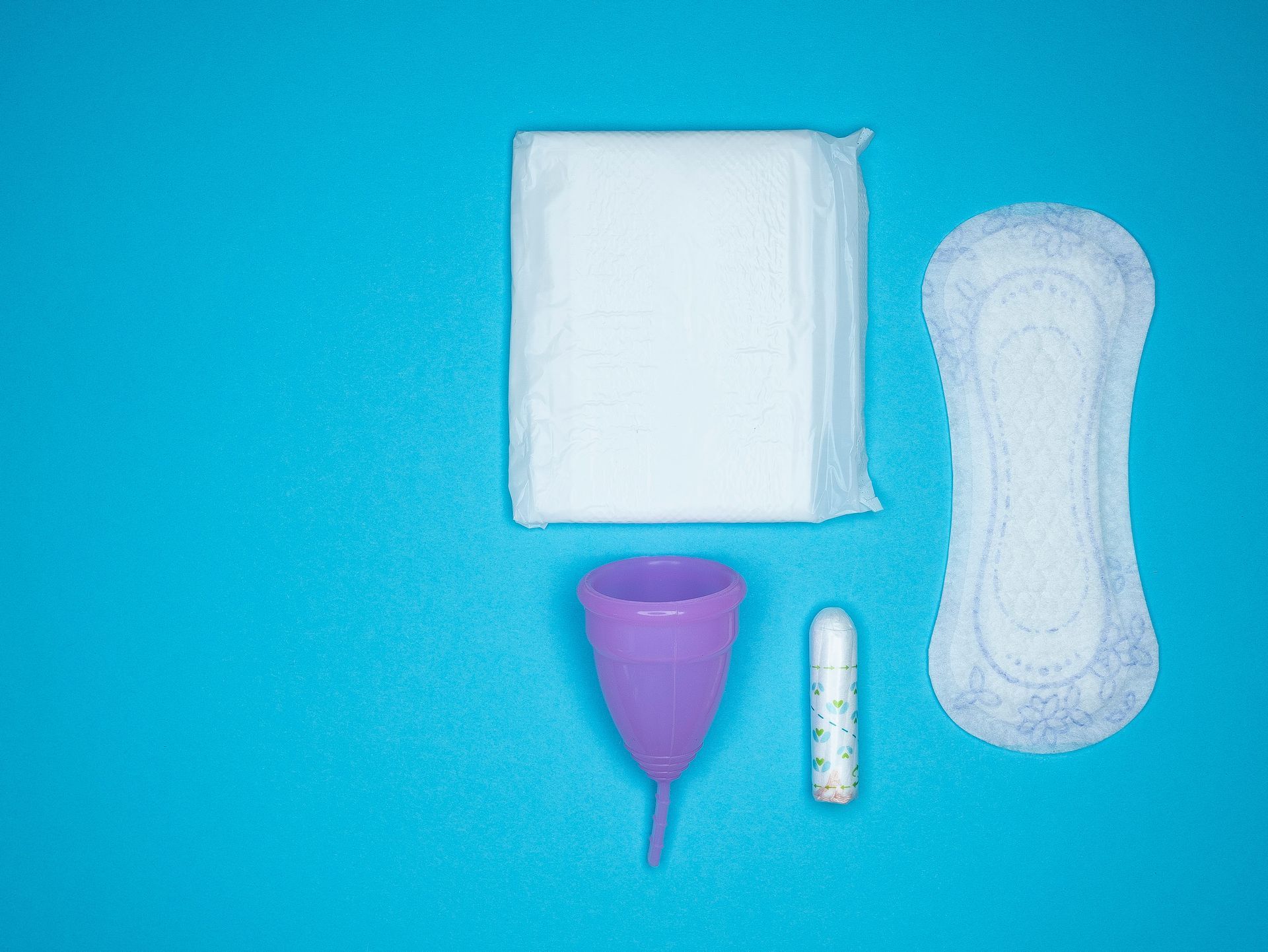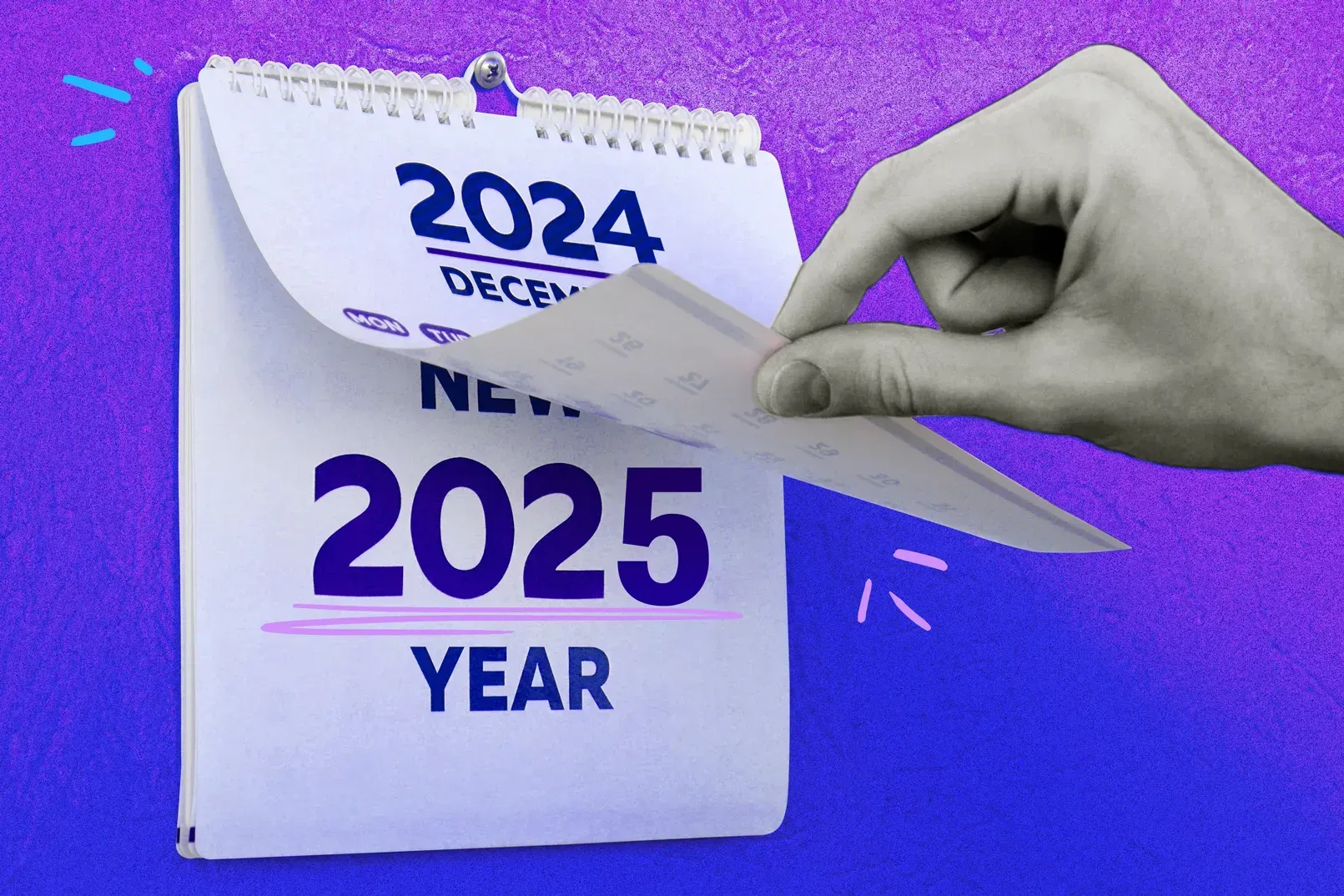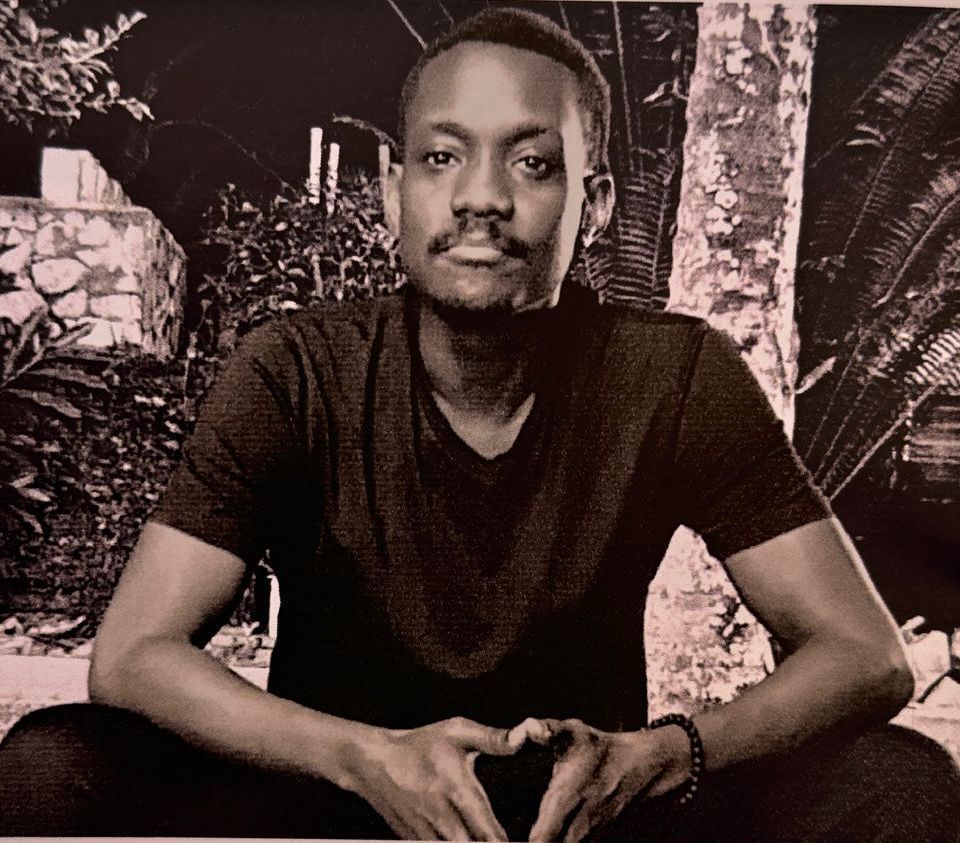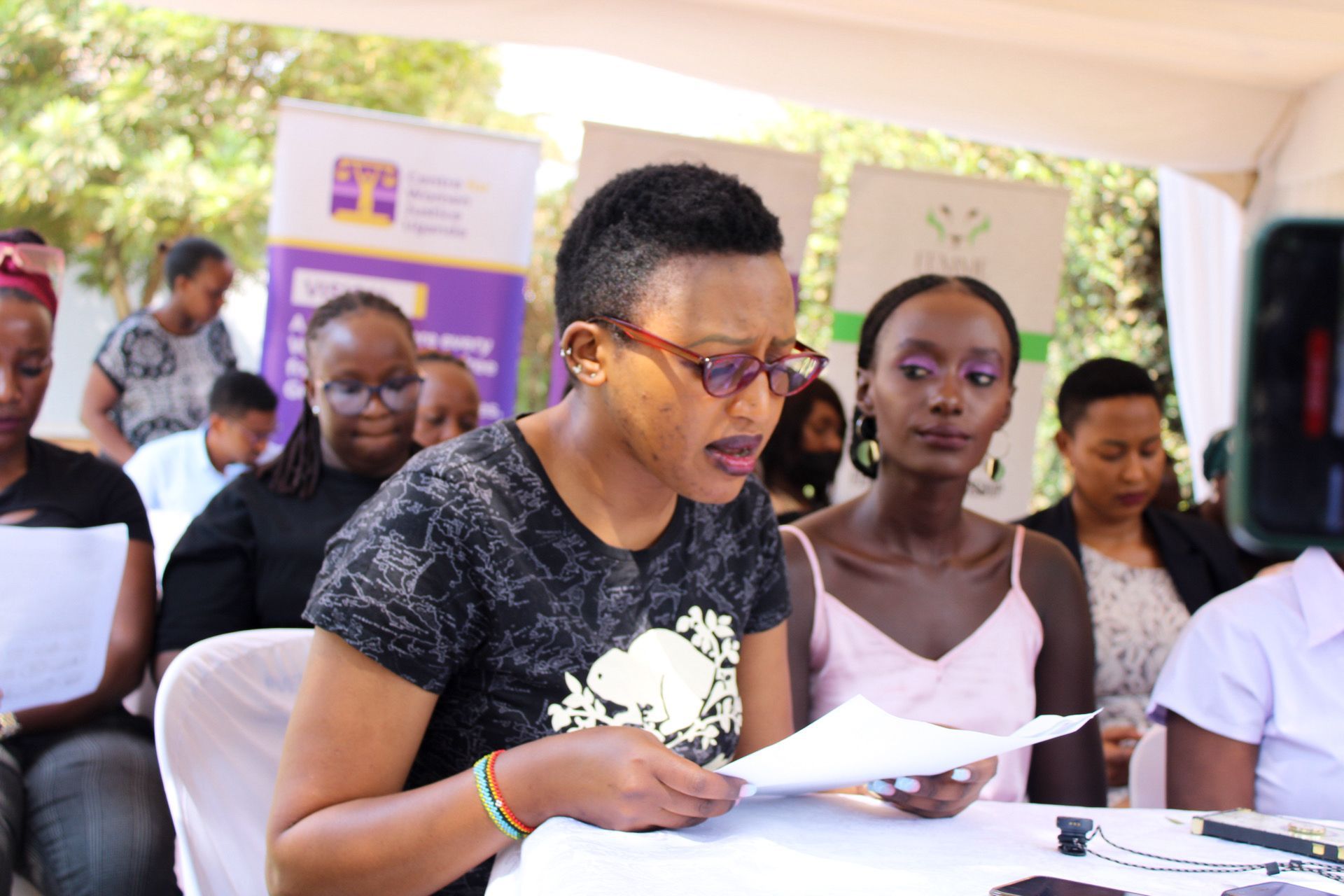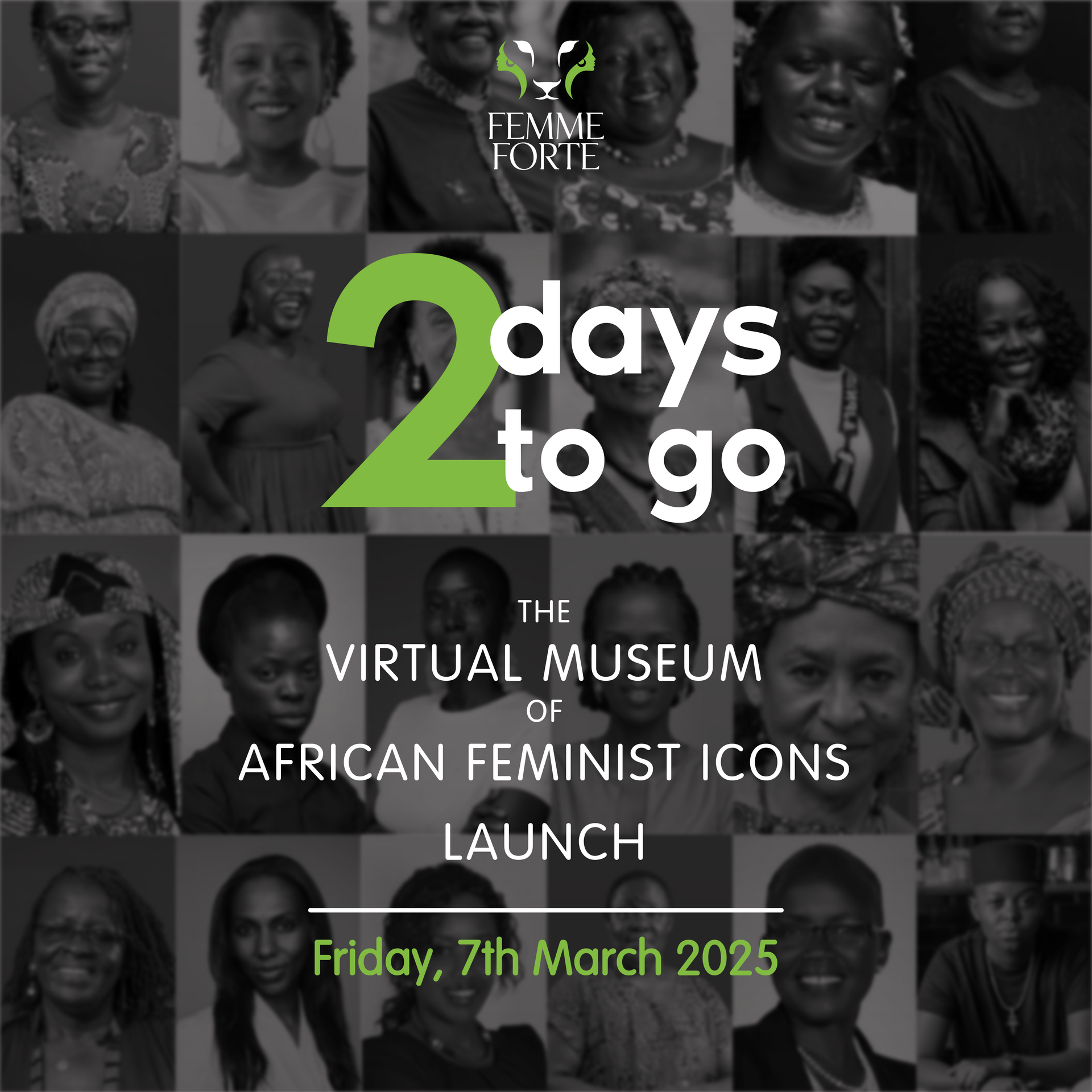The Delicate Dance Between Uganda’s Civil Society and Technology Ahead of the 2026 Elections
The interplay between civil society and technology in Uganda's electoral context presents both challenges and opportunities. As the 2026 elections approach, it is imperative for stakeholders to collaborate in fostering a digital environment that promotes transparency, inclusivity, and democratic participation while safeguarding against potential abuses of power. Through concerted efforts, Uganda can harness the potential of technology to strengthen its democratic processes and civic engagement.
Think about it, as Uganda approaches its 2026 general elections, the intersection of civil society and technology has become increasingly significant. Civil society organizations (CSOs) are now more than ever leveraging digital tools to enhance civic engagement, promote transparency, and advocate for democratic reforms. Simultaneously, the government's approach to digital regulation and surveillance has raised concerns about the balance between national security and civil liberties.
Let’s together explore the evolving landscape of civil society and technology in Uganda, highlighting key developments, challenges, and opportunities as the nation prepares for its next electoral cycle.
We shall dive right into the various digital initiatives contributing to conscientization of citizens and holding government accountable. Ugandan civil society has embraced technology to foster greater citizen participation and governmental accountability. Some notable initiatives include:
- Parliament Watch Uganda: this platform monitors parliamentary proceedings and disseminates information to the public, enhancing legislative transparency.
- The citizens report : By promoting a civically engaged public, The Citizen Report aims to cultivate well-informed communities where both leadership and citizens are equipped with knowledge of their responsibilities to each other and their society.
- U-Report: Launched by UNICEF Uganda in 2011, U-Report is a mobile-based platform that engages youth in national dialogues through SMS polls on various social issues.
- Women of Uganda Network (WOUGNET): Established in 2000, WOUGNET empowers women through ICTs, focusing on digital literacy, online safety, and advocacy against online gender-based violence.
Among many other initiatives, and now with the increased usage of social media and all her platforms, society has been provided with alternative spaces for discourse, especially among the youth, who constitute a significant portion of the population. Social media platforms like Tik Tok, Facebook, Twitter (now X), and WhatsApp have become vital tools for political mobilization and civic engagement in Uganda. These platforms have been instrumental in organizing protests, sharing information, and fostering community discussions on governance and human rights, social media has become a civic space!
Social Media Regulation
The Ugandan government has announced plans to regulate social media ahead of the 2026 elections, citing concerns over misinformation and national security. Dr. Chris Baryomunsi, Minister of ICT and National Guidance, stated that new policies and technologies would be introduced to monitor and control digital communication platforms. While the government asserts that these measures aim to prevent the spread of false information, critics argue that such regulations could suppress freedom of expression and silence dissenting voices.
The Uganda Communications Commission (UCC) also plans to acquire advanced digital monitoring technologies, including AI-powered tools, to filter harmful content online. These systems are expected to identify hate speech, incitement, and misinformation, with capabilities for real-time monitoring of high-traffic social media channels. While the government emphasizes user safety, civil society groups express concerns about potential overreach and infringement on digital rights.
That’s not all. The Electoral Commission of Uganda is already facing challenges in implementing a mandatory biometric voter system for the 2026 elections. Issues include low participation in voter register updates, technical and logistical hurdles, and concerns about potential voter disenfranchisement. Experts warn that without adequate preparation and voter education, significant portions of the electorate could be excluded from the voting process.
So what does all this mean for civic space and organizing?
Civil society organizations must advocate for expanded public consultation and transparency in the implementation of biometric systems. They ought to emphasize the need for inclusive processes that consider the technical, financial, and social implications of such technologies to ensure electoral integrity and public trust.
It is very clear that the government's efforts to regulate digital spaces raise critical questions about balancing national security with individual freedoms. While combating misinformation is essential, it is equally important to safeguard freedom of expression and prevent the misuse of surveillance tools for political repression, but at what and whose cost ?
There is a pressing need to enhance digital literacy among citizens to navigate the complexities of the digital information landscape. Civil society can play a pivotal role in educating the public about digital rights, online safety, and critical evaluation of information sources, as they already have been doing - so why does the journey seem far from ending?
While this dance takes shape and everyone slowly finds their footing, let us all be reminded that ensuring safe and practical technological advancements in the electoral process with inclusivity is vital. Special attention should be given to marginalized groups, including women, rural populations, and persons with disabilities, to prevent digital divides from exacerbating existing inequalities. And while all that is happening, will technology save us this election cycle or make things worse? Think about it!
